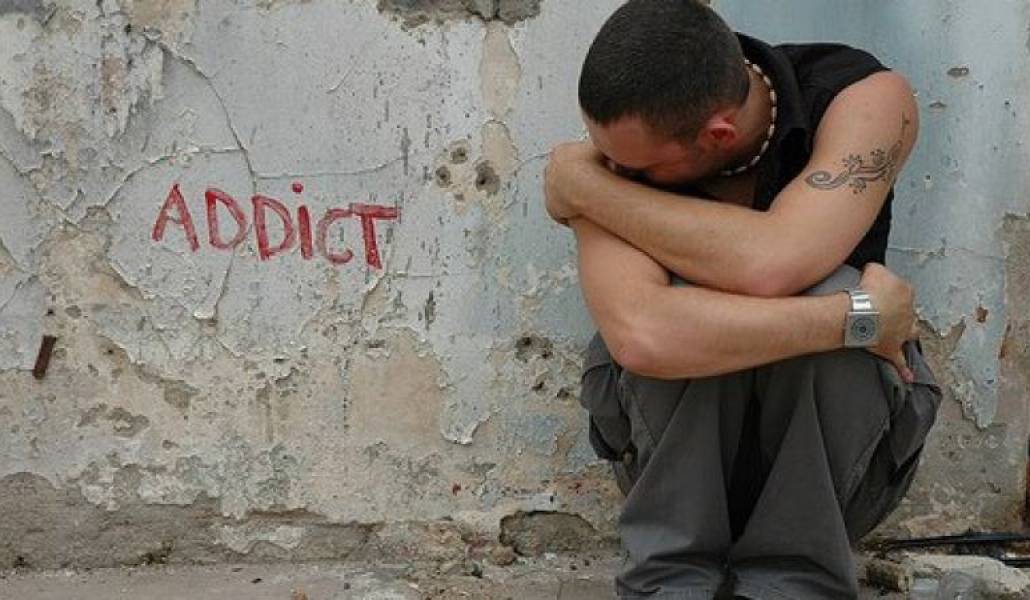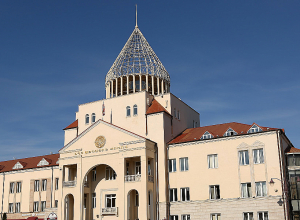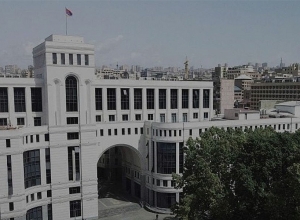Around 190,000 people die due to illicit drugs every year

Statement on the International Day against Drug Abuse and Illicit Trafficking The International Day against Drug Abuse and Illicit Trafficking recognises the severe impact that illicit drugs have on health, development, peace and security. Around 190,000 people die due to illicit drugs every year. But the damage visited upon lives and communities does not stop there. Drug use damages health in the form of debilitating HIV, hepatitis and tuberculosis, while drug trafficking nourishes money laundering, and deadly terrorism. Corruption, the great enabler of organized crime, exists throughout the drug supply chain. In a collective response to these challenges, last year, countries unanimously agreed on an outcome document of the UN General Assembly Special Session containing over 100 recommendations to counter the world drug problem. These recommendations, forged by international consensus, stress the need for affordable science-based treatment and care, especially in prisons and for measures reducing the spread of HIV and other infections. The recently released World Drug Report 2017 examines another worrying phenomenon: the nexus between drugs, crime and terrorism and reveals a shifting pattern of relationships. To use just one example, terrorists and non-state armed groups profit from the drug trade. By some estimates, up to 85 per cent of opium cultivation in Afghanistan occurs in Taliban-influenced territory. As new threats appear, including spreading methamphetamine and new psychoactive substances, old ones continue to thrive. Business models are evolving too, with cybercrime and the darknet increasingly playing a role. Once viewed as a marginal actor on the development stage, drugs and crime are now viewed as a disturbing obstruction to the achievement of the 2030 Agenda for Sustainable Development, particularly Goals 3 on health and Goal 16 on peaceful societies. Our response is to work closely with partners to prevent drugs and crime not simply profiting from, but also fuelling, the instability that undermines development, peace, and human rights. UNODC, on this day, remains committed to peacefully and effectively addressing the challenge of illicit drugs based on the international drug control conventions, and their key principle of protecting the health and welfare of humankind.



